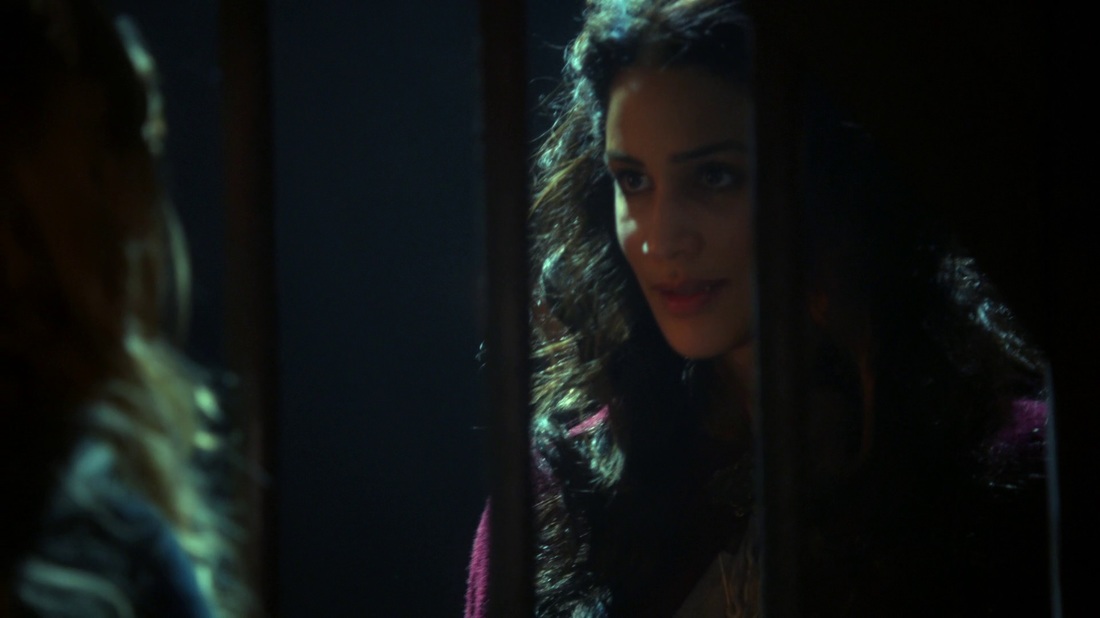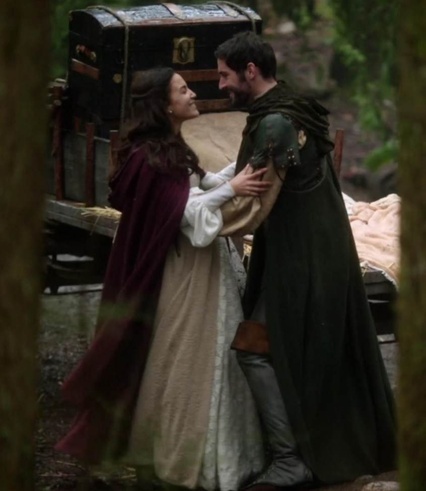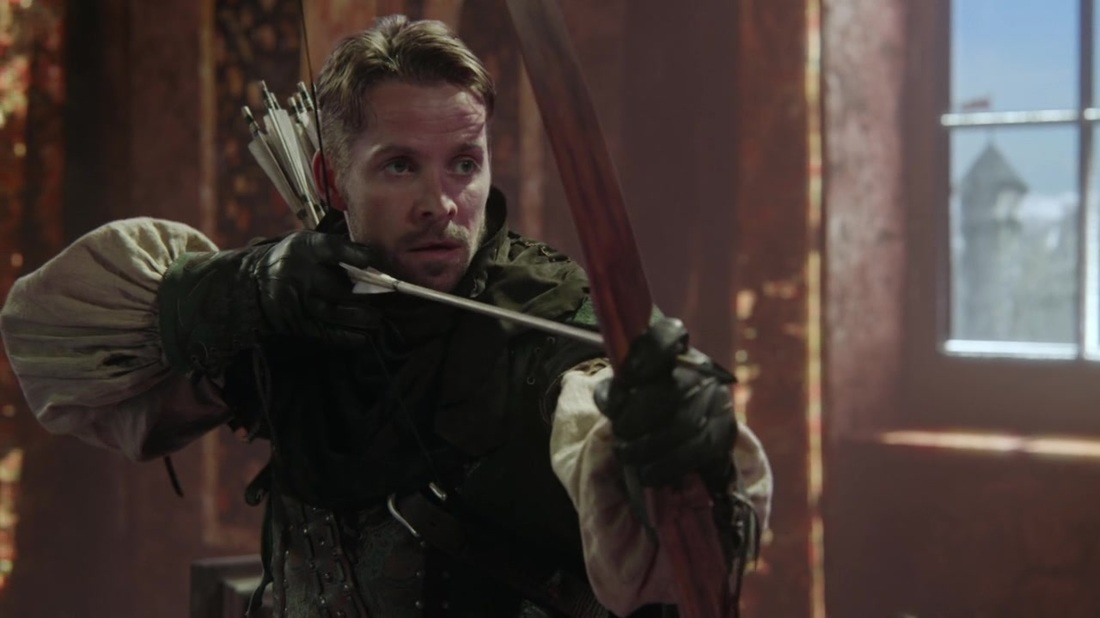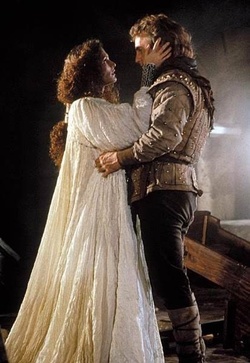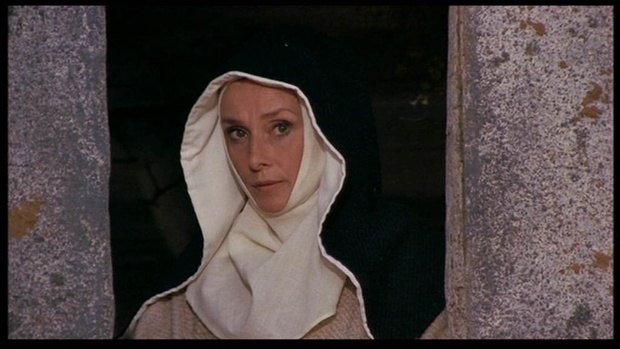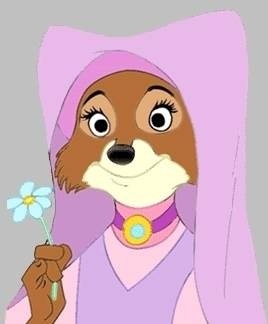|
There’s Something About Marian by Teresa Martin--@Teresa__Martin A surprise happened during the summer of 2013. In the middle of #SaveHenry hashtagery and speculation, some news reached Oncers. The role of Robin Hood had been recast. Really? Odd, since Tom Ellis had made a strong impression in “Lacey” stealing from Rumplestiltskin thereby saving both his wife and their unborn son. The episode ended sweetly with the couple kissing and happily going off into the sunset. Fans sighed. Once had done it again, taking an iconic character, expertly played, if not well-developed, into the story. They even provided a treat with the brief appearance of Maid Marian. Signed, sealed, delivered. The End. And now he was not only returning, but recast. I was skeptical. Lightning rarely strikes twice and Robin Hood is a beloved character who has captured the imaginations of those with a western heritage for more than one thousand years, myself included. I was not in the mood to reset my expectations, and delving beyond the simple plot in “Lacey” had perils, especially with a new actor. But something unexpected happened when I watched the premiere of Season Three. The new Robin Hood had some brief scenes with Neal and Mulan. Somewhere in the midst of these moments, mostly of exposition, I said to myself, “THAT is Robin Hood.” The writers, director, and actor GOT it. Got it good. Got it in a way that I had not had the pleasure of seeing onscreen. For the life of me I couldn’t say what it was, but I felt with Sean Maguire I was finally seeing Robin Hood and it was happening on Once. I loved Errol Flynn, the cartoon was fun, and like many a teen in the early 90’s I had listened endlessly to “Everything I do I do it for you,” from Robin Hood: Prince of Thieves, the reason being one to which I will return. Yet I wasn’t fond of that movie. I was just a young thing, only beginning my intense historical and anthropological studies at University, but I knew enough to be annoyed by anachronistic impositions upon the character and the plot, at odds with the Middle Ages in which the outlaw’s legend thrived (repeated in other portrayals, though, considering current film trends, understandable). But here it was on our beloved show. The legend lived! A fellow scholar of mine also excitedly had the same impression, confirming, at least for me, that I was not out of my mind and merely fangirling. But something was missing. Really missing. His wife. Where was Maid Marian? Off-screen with the baby and the Merry Men? I really hoped so. I liked Christie Laing’s brief performance and wanted to see more of them together, especially the baby. Then I was contacted by some rather distraught fans relating a rumor that Marian was dead and Robin was Regina’s new love interest. I literally laughed out loud, because that would be, as Emma would say, “ridiculous.” Robin has to be with Marian. Robin without Marian is like Belle without books, Rumplestiltskin without spinning, Snow White without Charming, gin without tonic. Impossible. So impossible it worked. And it worked because of Marian. For in fact she wasn’t gone. Marian never really died on Once, and I’m not referring to the season finale. She was present in every scene, especially in her son Roland who starkly shares her features, more so in the sober and sometimes melancholy ambiance of Robin’s character, but most importantly, through his Second Chance, Regina. Robin could not have fallen for Regina had he not loved Marian first. Regina fell for Robin in the same manner. She can love him because she loved, and lost, Daniel. Her heartbreaking declaration to Daniel, “But I love you” and his reply, “then love again” sealed that. Marian could have said the same to Robin before she died, and perhaps she will if she has a date with Fate to correct the space-time disturbance. Regardless, the narrative will remain Marian-centered. Because there is something about Marian that permeates the Robin Hood legend in whatever form it takes. To return to my obsession with Bryan Adams’ song, the line that melted my stone-cold heart was “I’d die for you,” echoing the moment from the movie when Robin exclaims that to Marian before snogging her senseless. That is Robin Hood. Everything he does, he does it for her. This, as well as his intense adoration of her, was potently expressed also by Once’s Robin when he tells Regina that he would walk through hell to be with Marian again. Yet Maid Marian, so entwined with Robin Hood, actually did not make an appearance in the first written versions of the legend, notably “The Gest of Robin Hood”. Curiously, it was, rather, another rather famous maid who was his lady: Our dere Lady, That he loved all ther moste. Robyn loved Oure dere Lady: For dout of dydly synne, Wolde he never do compani harme That any woman was in. His lady originally was THE lady, The Virgin Mary, for whom he would go about “telling” his rosary beads and piously waxing poetic. As the ballad shows, his protection of endangered ladies was inspired by her. For the medieval audience for which it was written, this was not only completely normal, but good times! Pass the ale! However, storytellers concluded over the next five hundred years or so that this piety had some serious narrative limits, for a variety of reasons. Hence, Our Lady, slowly evolved into Milady, Maid Marian, the great love of Robin’s life.* Indisputably though, the literature, movies and television of the 20th century ingrained the romantic version into the current popular culture and the ultimate “shipping” of the two. I fell victim to this when I read a children’s book, Robin Hood and His Merrie Men by Jane Caruth. This version has many elements of the tale most familiar with modern audiences: Marian was Robin’s childhood friend and as they grew to adulthood, fell in love. After many adventures, the pair was married. This is where most movies end. But there was in this book an epilogue that made an indelible impression on me. In her later years, Marian enters a convent where Robin comes to visit when he feels his death is near. In a ten-hankie scene, he finds that she has passed away. Heartbroken, he asks to see the cell in which she lived, and from there he shoots his last arrow, telling Little John to bury him where it lands. I also saw this idea of Marian as a nun cinematically explored in the film Robin and Marian, and played by actors no less than the great Audrey Hepburn and Sean Connery. In a famous moment, Marian tells Robin: “I love you. More than all you know. I love you more than children. More than fields I've planted with my hands. I love you more than morning prayers or peace or food to eat. I love you more than sunlight, more than flesh or joy, or one more day. I love you more than God.” ** Only the hardest of hearts do not dissolve into ugly sobs watching that scene since, yes indeed, there’s something about Marian and Robin. He is hers, and she his. And that is the way it always will be. Consequently, in Once, when Robin and Regina start to hook up, it is acceptable only because Marian is dead. Otherwise it would be an unpardonable betrayal. Oncers with a clear conscience can accept that Robin falls for Regina and gladly get swoony when he calls her “milady.” All know instinctually what it means: Regina is Robin Hood’s lady now, for whom he becomes both figuratively and literally, the guardian of her heart. He is still, one thousand years later, protecting the ladies. This is not in any way implying that Regina needs protection or should be interpreted as weak. She is strong, strong enough to choose him to hold her heart. This is, among many reasons, why the return of Marian from the dead is problematic. It was not just Outlaw Queen heartbreak that struck discordant. Fans, like Robin Hood, had mourned Maid Marian. The writers set up, and sold, that the dear woman, beautiful and happy in “Lacey”, was gone. Hard to accept, but she left all with affectionate memories of her, leading to pulling off the impossible: Regina taking Marian’s place both in Robin and fans’ hearts. That was a brave direction. The writers’ success was nothing short of miraculous. And then, unbelievably, they appeared to stomp on it, and say, “Just kidding.” Marian is back and no longer the fondly remembered true love of Robin Hood. Rather she is now disliked. That is counter to fans’ instincts since symbols, like words, mean things. Once has succeeded on many levels, but not least because its symbology and use of archetypes has been solid, true to the inclinations of people in all cultures, and while there have always been twists, endgame is endgame. Charming with Snow White, Beauty with the Beast, Aurora with her Prince, and yes, Robin with Marian. Marian is a character ingrained, one could argue, from the dawn of time since the Virgin Mary, exactly meaning “Maid Marian”, has many correspondences in all cultures. She has been revered as an archetype in different forms whether it is Athena, Gaia, Isis, or more ancient goddesses than I can innumerate. Therefore I will propose that the last minutes of the finale hurt not merely because Regina and her plot had been sucker-punched. We were thrown off, being put into an unfathomable position of disliking this archetype, this Marian. It is not comfortable or fun. Because nobody wants to hate Maid Marian. Not really. Nobody wants her dead, despite the persistent, sometimes over-the-top, death fantasies for the character that can be found online, yours truly pleading 100% guilty. Or if she is dead, as she was for the past year, the desire is to retain happy memories of her as she rests in peace. Fans like her. We like Maid Marian! There’s something about her that we love. And despite what it seems, I think the writers love her too, maybe even more than we do. They are very well aware of what Marian represents. Hence, instead of Marian’s return and inevitable death being a contrived plot device just to “cause tension” or sabotage Regina’s arc, it is possibly the series’ finest hour. For really it’s not just something about Marian. It’s about Once Upon a Time and the theme of hope that the writers have insisted the show is about. Where there is hope, there is belief, where there is belief, there is love. And while true love never dies, those we love do. That is devastating. Yet our souls soar when we remember that the reverse is more true: that because those we love die, true love will always live. * The first appearances of Maid Marian are explored in another Origins essay by Lori Fitzgerald. ** Special thanks to Diane J. Reed for bringing this scene to mind.
0 Comments
Leave a Reply. |
OriginsExplore the Arthurian legend surrounding Lancelot, take a trip into the woods to discover the mythology behind Red Riding Hood or learn more about a modern day hero called Snow White. Origins provides unique insights and perspectives from talented writers into the characters we know and love, going far beyond the boundaries of Storybrooke. Archives
August 2016
Categories
All
|
